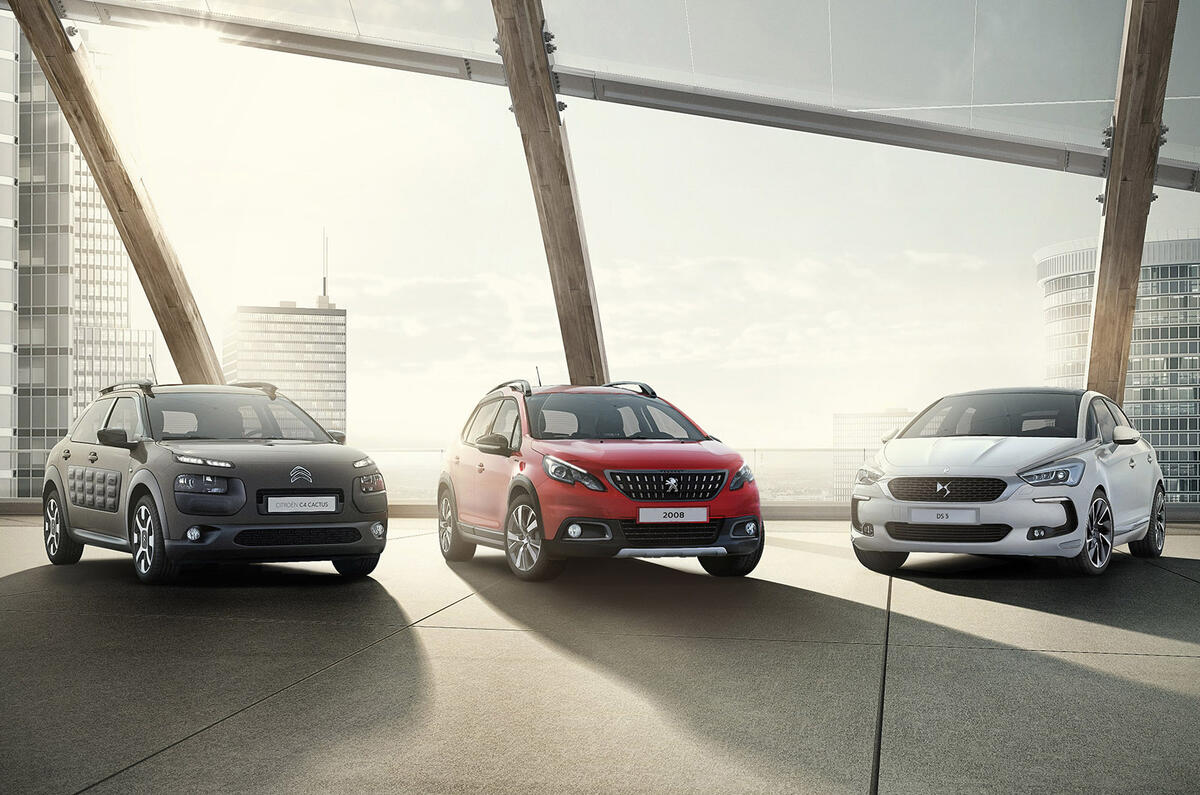Peugeot has released real-world fuel economy figures for its new Peugeot 2008 crossover, which follows the Peugeot 308 as the second model from the French car maker to have been subjected to the new type of testing.
Peugeot and its sister brands Citroën and DS announced their intentions to become the first European car makers to publish real-world fuel consumption figures earlier this year, in a bid to close the credibility gap between owners’ experiences and over-optimistic official figures. The new figures are published alongside the official EU ones, which by law have to be made public to buyers.
Much like the 308's results, the new 2008 figures illustrate just how much of a difference there is between official claimed and real-world fuel economy. All of the engines tested decreased their average miles per gallon figure quite substantially, with the 1.6 BlueHDi diesel engine in 118bhp guise and with a manual gearbox being the hardest hit.
Peugeot's tests recorded an average of 54.3mpg for the unit, which is 22mpg less than the official figure, while the other diesel, a 99bhp BlueHDi unit, lost 21.9mpg from its 76.3 official mpg figure. The 1.2 Puretech petrol engines in 118bhp and 81bhp guises performed a little better, with the former recording a 19.1mpg loss from its 58.9 official mpg figure and the latter registering a 12.8mpg loss from the official 57.6mpg figure.
Earlier this year, discrepancies of between 30% and 40% against the official combined economy figures were also measured on three cars powered by a 118bhp 1.6 BlueHDi diesel, namely a Peugeot 308, Citroën C4 Grand Picasso 1.6 and DS 3. For example, the 308 recorded 56mpg compared to a customer figure of 55mpg and the EU combined test figure of 88mpg.
Peugeot's says its new real-world tests use a 96km (59.7-mile) route that is made up of a mixture of urban, country and motorway routes. It uses a selection of professional and amateur drivers, not directly employed by Peugeot, to ensure the results are as accurate as possible.
The test procedure has been conceived in conjunction with three non-governmental organisations: Transport and Environment, France Nature Environment and Bureau Veritas.
“We have come up with a very strong vision that will give full transparency for our customers,” said PSA Group chairman Carlos Tavares. “This new test cycle will be much more representative of a consumer’s real driving experience.
“VW-gate has created a lot of concern in our company - we are the industry leaders on fuel efficiency and diesel emissions, so if there is an action that breaks the trust of buyers it is a big concern.
“We want to demonstrate openness and confidence. We do not want to be confused with our German competitors on this issue, and the real-world tests are one way of demonstrating that.”
PSA maintains that the test is repeatable and reliable, even though key factors like the wind, temperature and driving style are not under control in the way that they are in a laboratory. The cold start part of the test, during which fuel consumption is heavy, is ‘factored’ into the result and on-road tests won’t be carried out if the wind is above a certain speed.




Join the debate
Add your comment
a
c
If you are buying a Peugeot
Nice one PSA..nice to see a
Nice one PSA..nice to see a